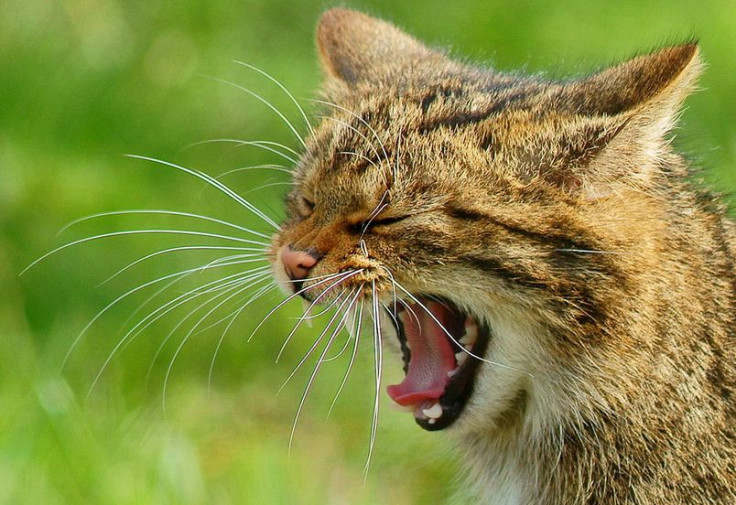Spain: Evidence of ancient human diet containing dog, cat, fox and badger found

What humans devoured in ancient times has been of interest to numerous archaeologists around the world, and now new evidence found in Spain points at wild culinary treat.
Archaeologists digging in El Mirador cave at the site of Atapuerca in the northern Spanish city of Burgos, have found the remains of a few animals dating back to around 7,200 and 3,100 years ago that have human teeth marks on them.
The discovery suggests that humans included domestic dogs, wild cats, foxes and badgers in their diet.
Cut marks, bone breakage, signs of culinary processing and human tooth marks were found on the remains of the animals.
The finding has been published in the December issue of the journal Quaternary International.
"Remains of domestic dogs, wild cats, badgers, and foxes, recovered from Neolithic to Bronze Age levels, present evidence of human consumption," authors wrote in the paper.
"This is some of the oldest evidence documented either in the Iberian Peninsula or in Europe as a whole, and it is the first time that human tooth marks are used to confirm the human consumption of these carnivores."
According to archaeologists, humans consumed dogs sporadically but repeatedly.
"In El Mirador Cave, the dogs were disarticulated, defleshed and boiled," Patricia Martin of the Catalan Institute of Human Paleoecology and Social Evolution and lead author of the paper said in a statement.
However, consumption of wild cat, fox and badger was rare.
"Wild cats and badgers were boiled and consumed," she added.
"Given the difficulty of hunting wild carnivores and the exceptional nature of their use in this site, the probability that these animals had been accidentally captured and subsequently consumed arises."
Martin said humans could also have possibly consumed the meat of these animals during times of shortage.
"These practices could be linked with the provision of extra food during periods of shortage and/or with meat of special consideration, especially dog meat."
© Copyright IBTimes 2025. All rights reserved.



















